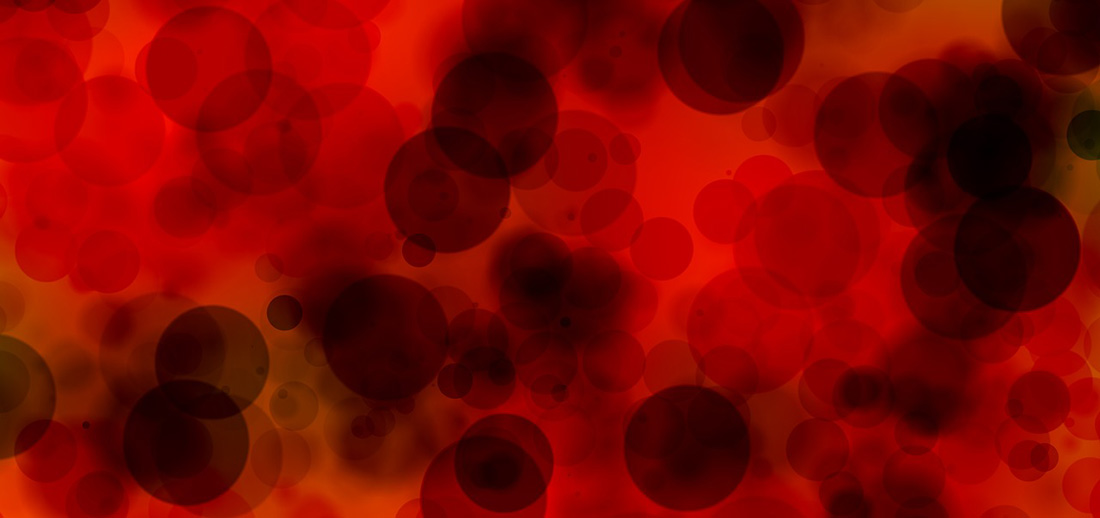
30 Jun Potent antibodies found in people recovered from COVID-19
National Institutes of Health (NIH)
As the global pandemic caused by the coronavirus SARS-CoV-2 continues, researchers are working at unprecedented speed to produce new treatments and vaccines. Much work has focused on studying antibodies from the blood of people who have recovered from COVID-19, the disease caused by SARS-CoV-2.
Antibodies are molecules that are produced by the immune system to fight infection. Some research teams are testing whether antibodies against SARS-CoV-2 could be isolated and given as a treatment to others who are infected. Others are studying the structure and function of different antibodies to help guide the development of vaccines.
SARS-CoV-2 particles have proteins called spikes protruding from their surfaces. These spikes latch onto human cells, then undergo a structural change that allows the viral membrane to fuse with the cell membrane. The viral genes then enter the host cell to be copied and produce more viruses.
Several potential vaccines now under development are designed to trigger the human body to produce antibodies to the SARS-CoV-2 spike protein. Antibodies that recognize and bind to the spike protein will hopefully block the virus from infecting human cells. Read more …



